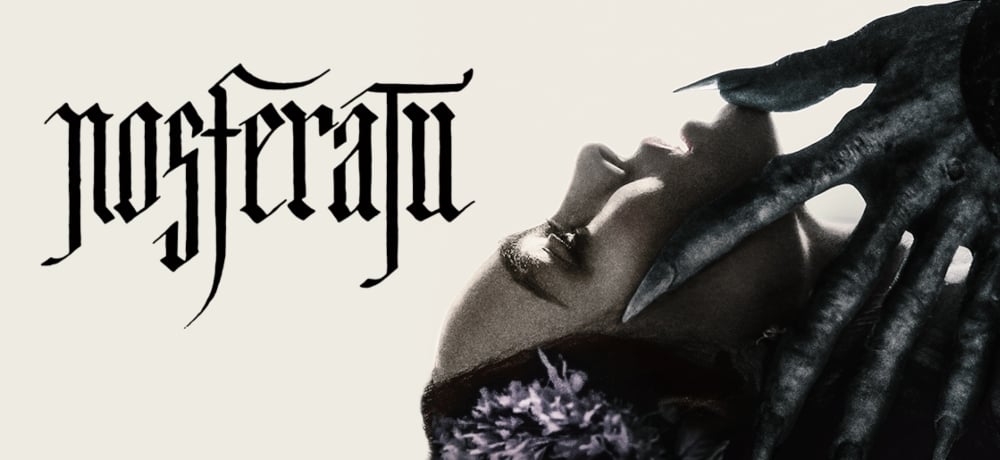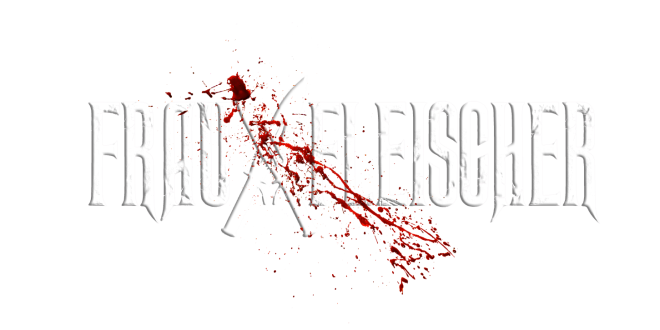Take a Twisted Trip Inside the Mind of Coffin Joe [Blu-ray Review]
![Take a Twisted Trip Inside the Mind of Coffin Joe [Blu-ray Review] Take a Twisted Trip Inside the Mind of Coffin Joe [Blu-ray Review]](https://wickedhorror.com/wp-content/plugins/patron-button-and-widgets-by-codebard/images/become_a_patron_button.png)
The biggest selling point of Arrow Video’s new Coffin Joe box-set is that it’s a Coffin Joe box-set. The fact that it’s big and fat and totally jam-packed is icing on the cake.
For those in the know, the infamous undertaker is as much an icon as he is an iconoclast. The foul creative meta-progeny of Brazilian filmmaker José Mojica Marins (who himself plays the character), Coffin Joe is a flamboyant ghoul: an oft-dubbed “Nietzschean” boogeyman with eerily long fingernails that predated Freddy Krueger’s metal claws by two decades. While this new box set is named for the character, it’s really a retrospective of Marins the filmmaker–not exhaustive (I wish the set included his mid-length Super-8 film A Praga which was rediscovered and restored several years ago), but still much more-than-adequately comprehensive.
The star attraction is of course 1964’s At Midnight I’ll Take Your Soul–the first appearance of Coffin Joe (as well as the first horror film ever produced in Brazil). Here Marins exhibits his genius in the blending of content and form. The film is shot in 35mm black-and-white with an aesthetic presentation heavily reminiscent of the classic Universal monster movies, but the meat of the text depicts manners of savagery, blasphemy, and human cruelty that rival even contemporary motion picture morality standards. Admittedly, the film does still possess its share of creakier elements, but it’s a far cry from those classic century-old chillers. Coffin Joe, himself, is subtext made text–a movie monster whose wolfman’s fur is just a dark shaggy beard. His equivalent to the vampire’s bite is literal rape.
Coffin Joe’s Übermenschian raison d’être is to sire a son with a suitable mate. Clad in an ebon cloak and top hat–a perfect contradiction of the terrifying and the buffoonish intermingled–he terrorizes a small village with his hypnotic gaze (not unlike the zombie-making stare of Lugosi’s Legendre in White Zombie). Coffin Joe’s staunch atheism is probably still unnerving to the devout, but for those of us who are heathens it plays as darkly humorous. Joe is never likable, but his evil is occasionally amusing. One of the film’s best (and funniest) scenes sees him toothily tearing flesh from a lamb-bone while he cackles in delight–consuming meat on Lent. Throngs of the penitent are seen staggering in the night through his window. The zombie-like congregation makes the sign of the cross at the sight of our heretical ultra-anti-hero. It’s a brilliant shot that would feel snugly at home in a film by Buñuel.
The idea of Coffin Joe is that of an oxymoronic champion for all that is transgressive and aberrant. In a society where the human spirit is constrained by rigid dogma and politically oppressive structures, the spirit of the individual lashes out in ways that verge on the asinine, the manic, the vile and obscene. Joe is not only a contradiction–he himself an oppressive opposition to oppression–but a ludicrous hyperbole. He is a pick-up artist, a barroom brawler, a sadist, and an unabashed misogynist. He is a loathsome human monster. But he is also, not unlike the French decadents, a prime example of life against life. He is not a triumphant hedonist. He comes across as frustrated, and decidedly unhappy.
Successive depictions of Joe emphasize his flamboyance, but lose some track of the conceptual rigor of the first film’s depiction. The direct follow-up This Night I’ll Possess Your Corpse is a must-see for its phantasmagorical depictions of Hell–in Eastmancolor!–but the film as a whole is less fascinating than its predecessor.
Later, when Coffin Joe is released from a forty-year prison sentence in Embodiment of Evil, he wastes no time in getting right back up to the same old tricks. The film has flashes of inspiration, but the meandering plotlessness and so-so cinematography don’t do the film’s surrealistic indulgences any favors.
Most other films in the set are pretty light on Coffin Joe. He only appears as the Cryptkeeper-esque host to the anthology film The Strange World of Coffin Joe. The three stories aren’t really worth writing home about (although the last one in particular is pretty jaw-droppingly grotesque) but Marins has some fun with some interesting camera set-ups and special effects.
For those who are dissuaded by the price-tag of this six disc set, Arrow’s older DVD releases of At Midnight I’ll Take Your Soul and This Night I’ll Possess Your Corpse will unfortunately have to suffice (at least for now?). These are the only two ecstatically essential films in this set (even though I am personally partial to the feverish LSD-themed Awakening of the Beast). The new 4K restorations featured in this set (for all films except Embodiment of Evil) are truly fantastic though, and deserve to be seen. And the wealth of bonus material here–from interviews to documentaries to commentaries to short films–certainly justifies the purchase.
Well-produced packages like this serve to elevate their subjects–in this case, a pioneer of boundary-pushing independent cinema–in a way befitting their significance. The films of Marins are worth preserving in all their gross and nasty glory, and thankfully Arrow Video have done their part splendidly. For those in the know, you know.
Inside the Mind of Coffin Joe will be released on January 16, 2024 from Arrow Video as a Limited Edition 6-disc Blu-ray box set.
Post Views:
2





